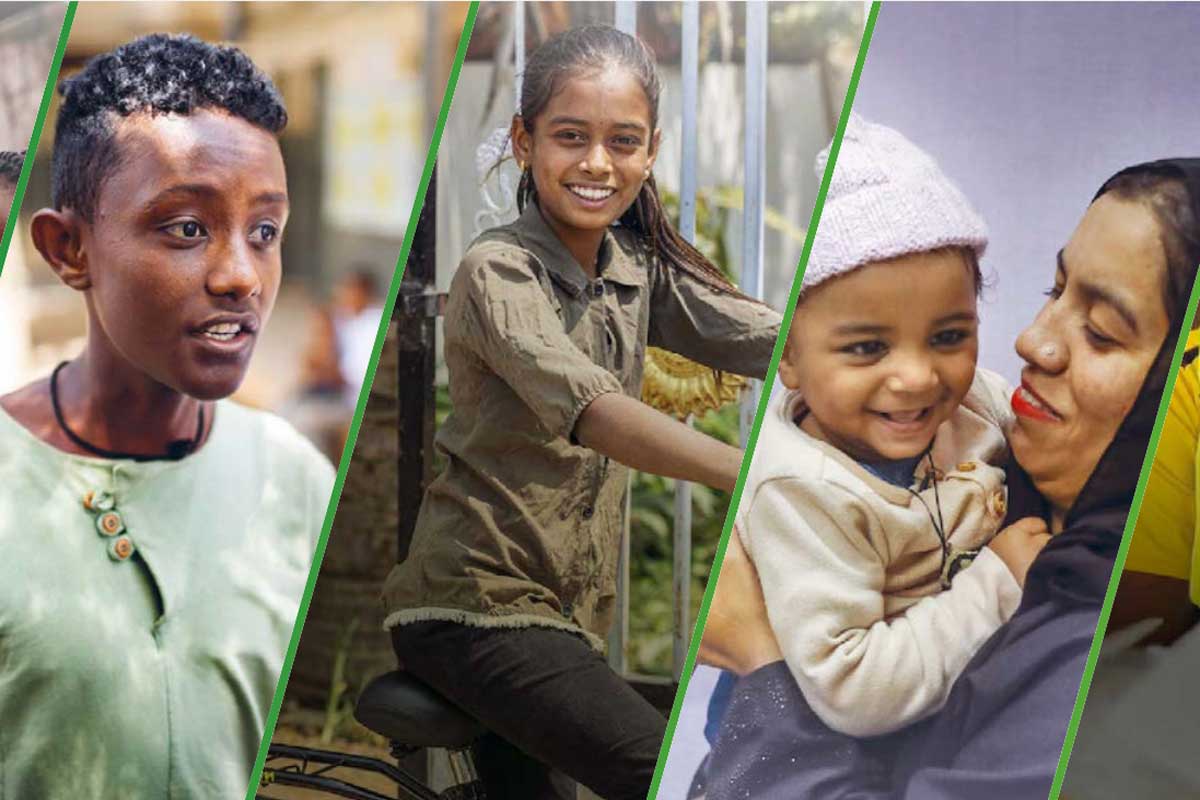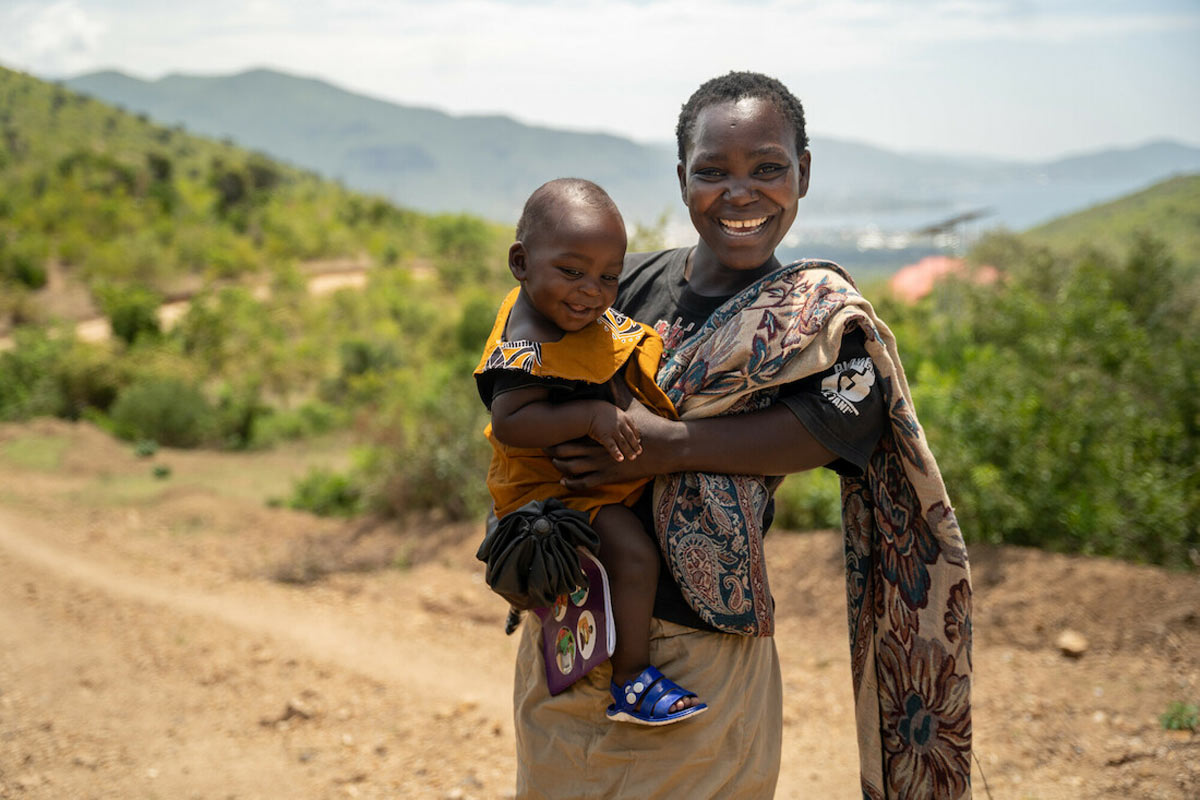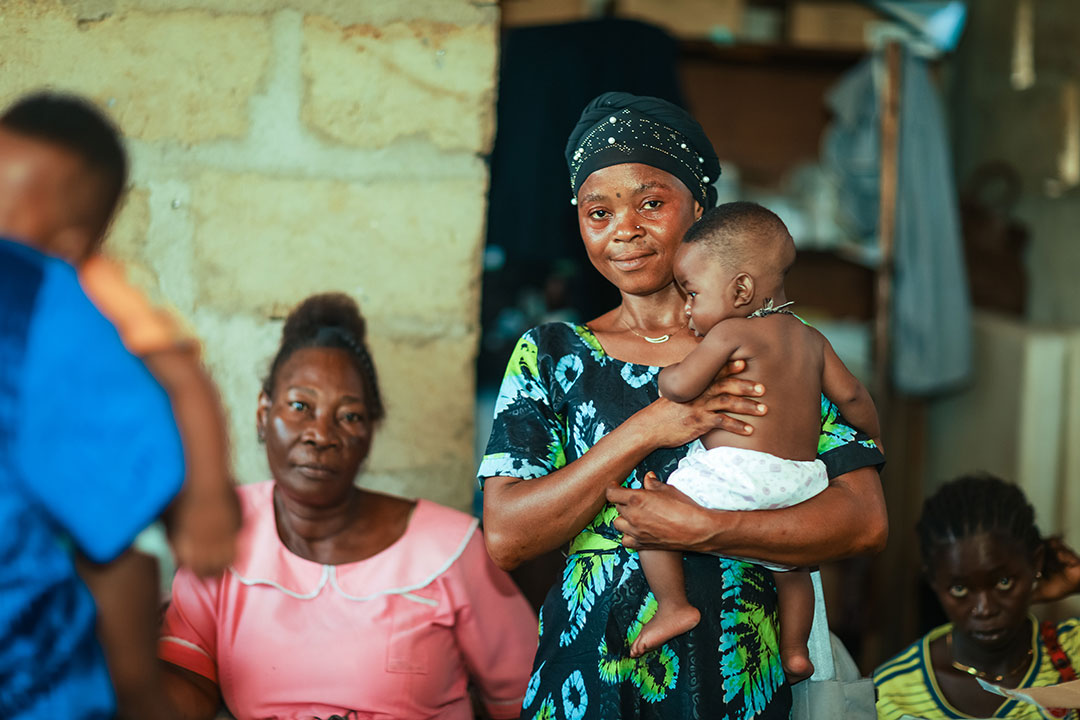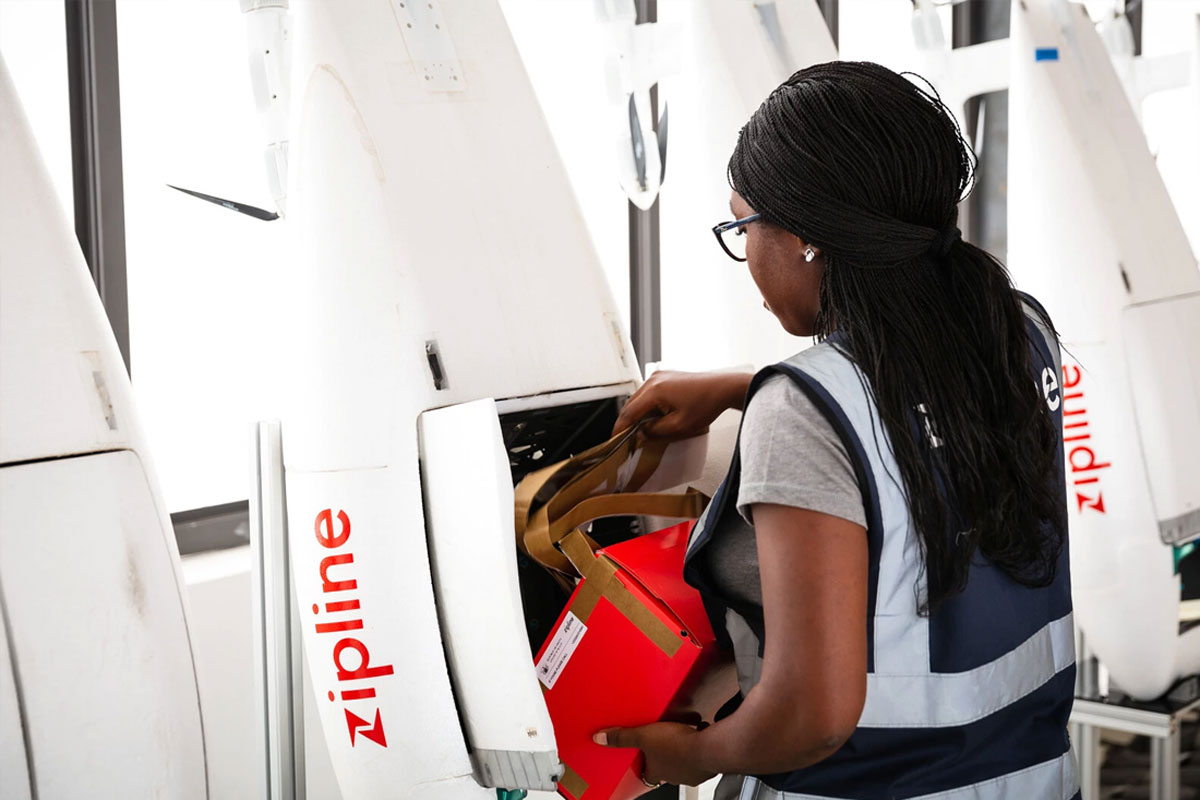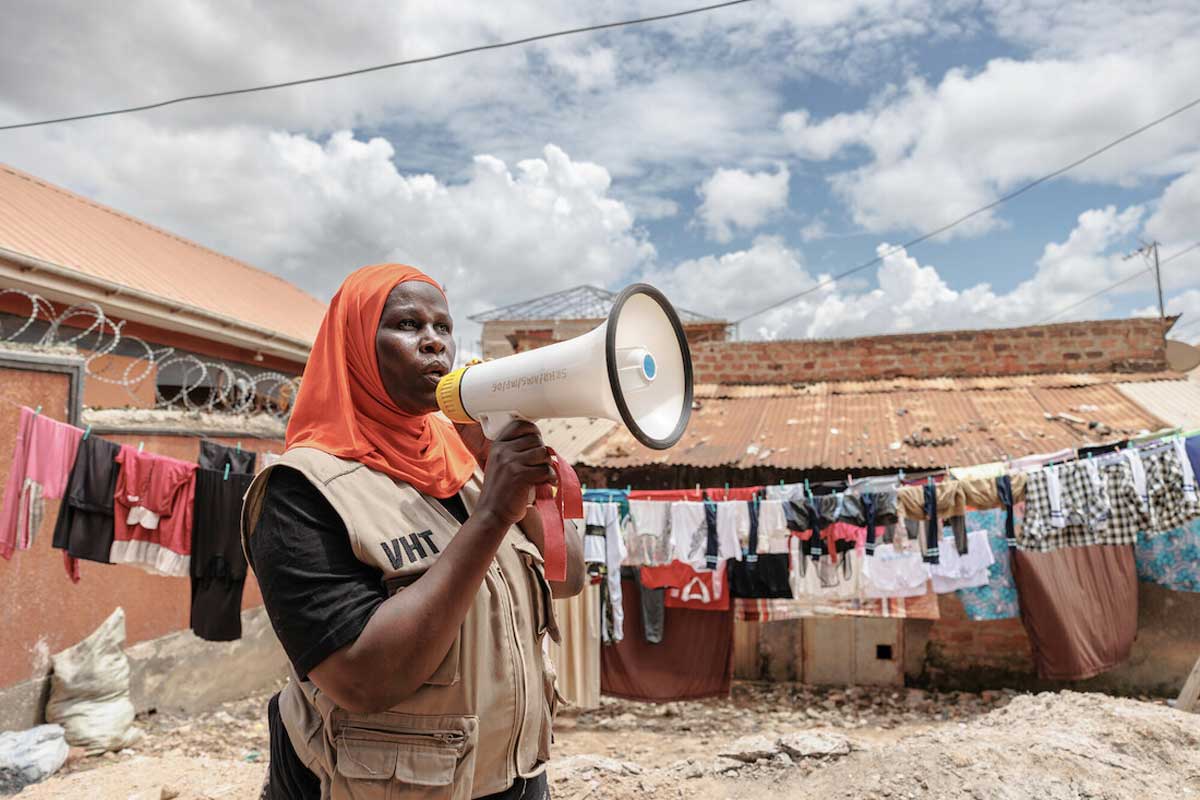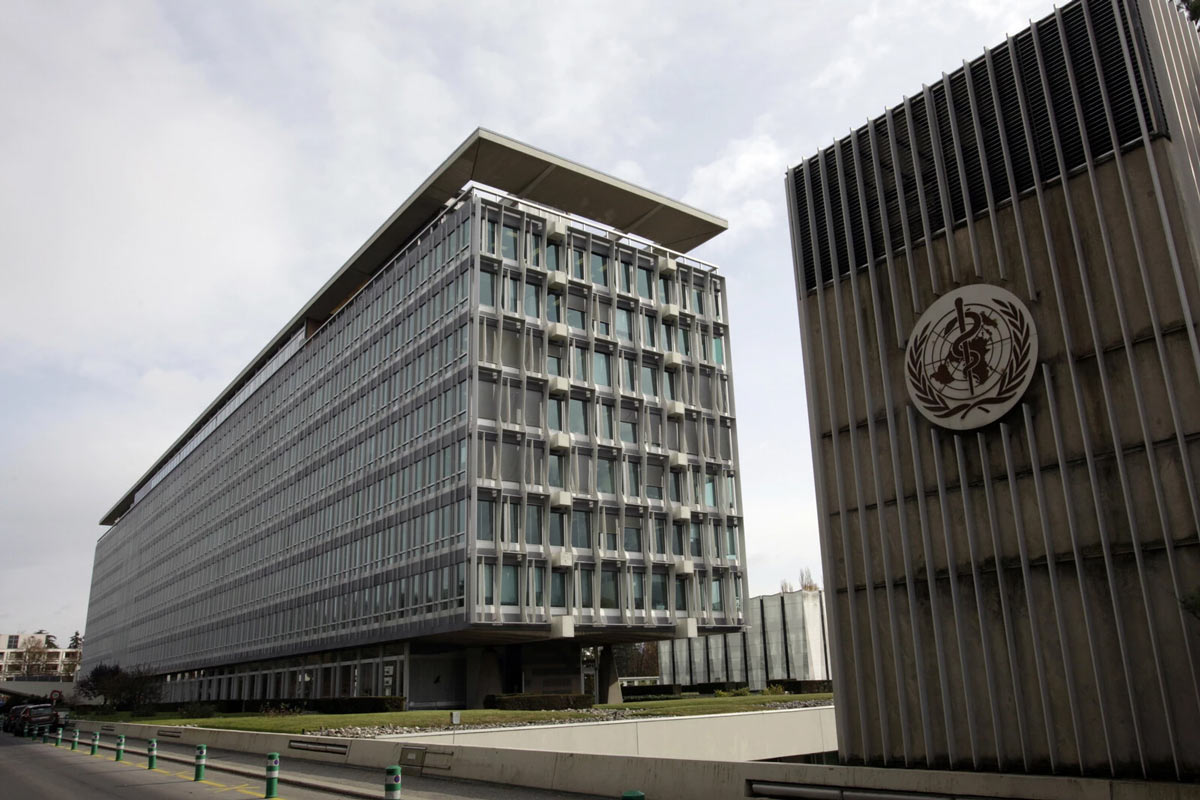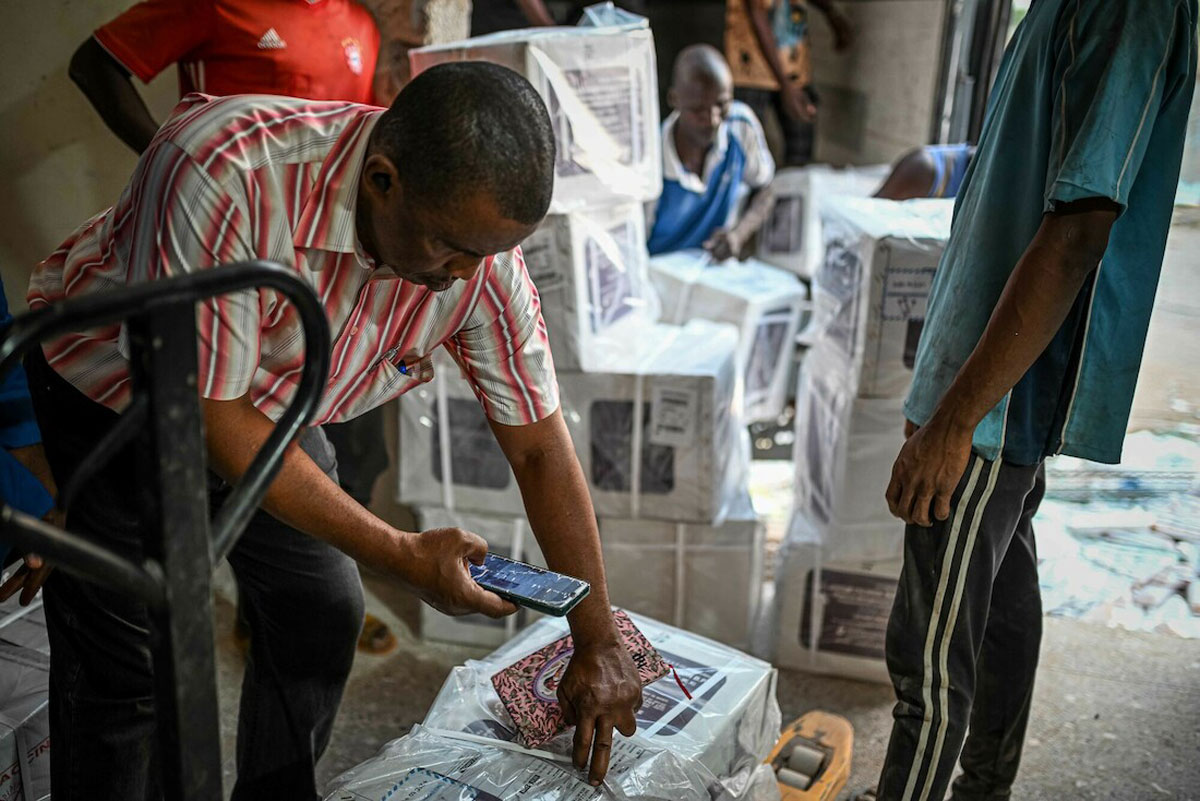28 April 2020: Overview of the COVID-19 situation in Gavi-supported countries and Gavi’s response
The COVID-19 pandemic has placed a heavy burden on global economies, health care systems and other core sectors. Gavi is helping countries reallocate their health system strengthening grants to provide fast and flexible funding for vital resources, personal protective equipment and disease surveillance.
- 1 May 2020
- 3 min read
- by Gavi Staff
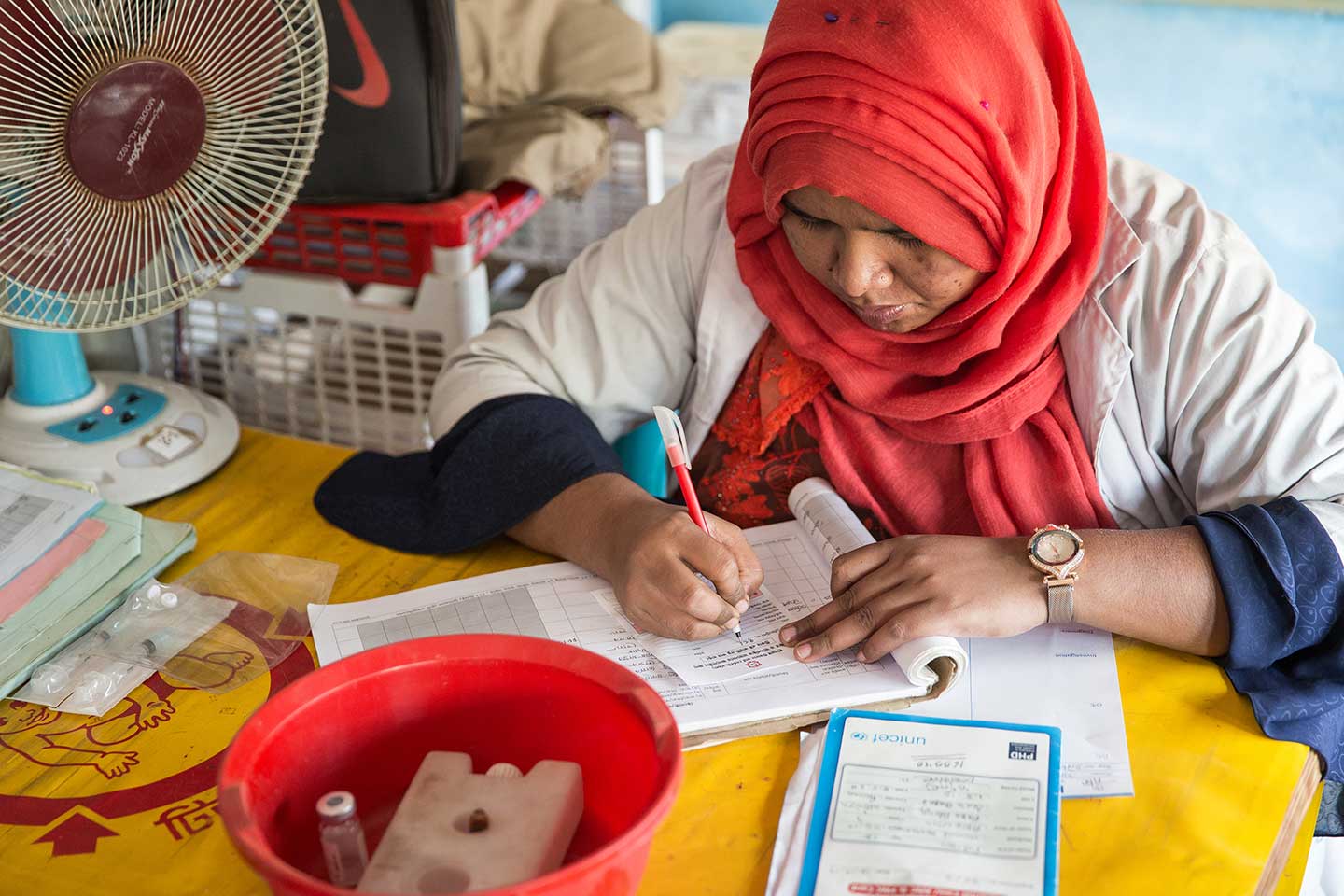
Sixty-seven (out of 73) Gavi-supported countries have reported 84,700 confirmed cases and 2,829 deaths. Although most countries supported by Gavi have confirmed COVID-19 cases, these countries account for only a small proportion of the total, about 2% of global COVID-19 cases and deaths. This could be partly because these countries were decisive and closed their borders early.
However, with the increasing economic impact of COVID-19, it is likely that Gavi-supported countries may begin easing some of the stringent measures introduced to contain the spread of the virus as the curve flattens. This may come with the risk of resurgence of diseases other than COVID-19, as warned by the World Health Organization (WHO). Because of this, the situation will need to be closely monitored.
Impact on Routine Immunisation
Most routine immunisation (RI) sessions at fixed sites are continuing in nearly all Gavi-eligible countries, with adapted protocols and updated standard operating procedures based on the WHO guidelines for maintaining RI during the pandemic. The exceptions are Honduras, Kyrgyzstan, Moldova and Myanmar, which have suspended RI activities. Malawi also initially suspended RI activities, but following strong engagement and guidance by Gavi and partners, the government lifted the suspension.
-
22 Gavi-eligible countries have introduced lockdown measures thus far
The lack of availability and timely access to personal protective equipment (PPE) for community health workers and limited in-country testing and infection prevention and control (IPC) supplies, are major concerns in almost all Gavi-supported countries. Access to health services, including immunisation, has been impacted due to restricted mobility, and health facilities and health workers being diverted towards COVID-19 response. There are also concerns of the impact of COVID-19 disease on vulnerable populations – including migrants, refugees and internally displaced people in fragile countries, with limited access to water and sanitation, and living in highly congested shelters.
-
About 18 Gavi-supported countries risk vaccine stock-outs
During the pandemic UNICEF is continuing to prioritise vaccine shipments to: address critical stock issues; expedite payments to suppliers to address any cash flow challenges; and communicate closely with countries and global partners to monitor programmatic challenges.
Gavi Country Programmes Update on Covid-19 Response
- Thirty reprogramming applications have been approved so far, of which 23 for health system strengthening (HSS) have been approved totalling US$ 42.33 million – this represents 59% of the countries’ available allocation.
- Seven applications are for partners’ engagement framework (PEF) Targeted Country Assistance (TCA) and post-transition engagement (PTE) reprogramming, while 17 are no-cost extensions.
- Countries may not be requesting the full amount available for reprogramming in order to safeguard current funds for RI recovery efforts.
- Approximately 44% of this allocation has been reprogrammed for PPE and IPC activities.
- A further nine applications are currently being reviewed for a further US$ 24 million.
- Read the full situational report for 28 April 2020 here.

